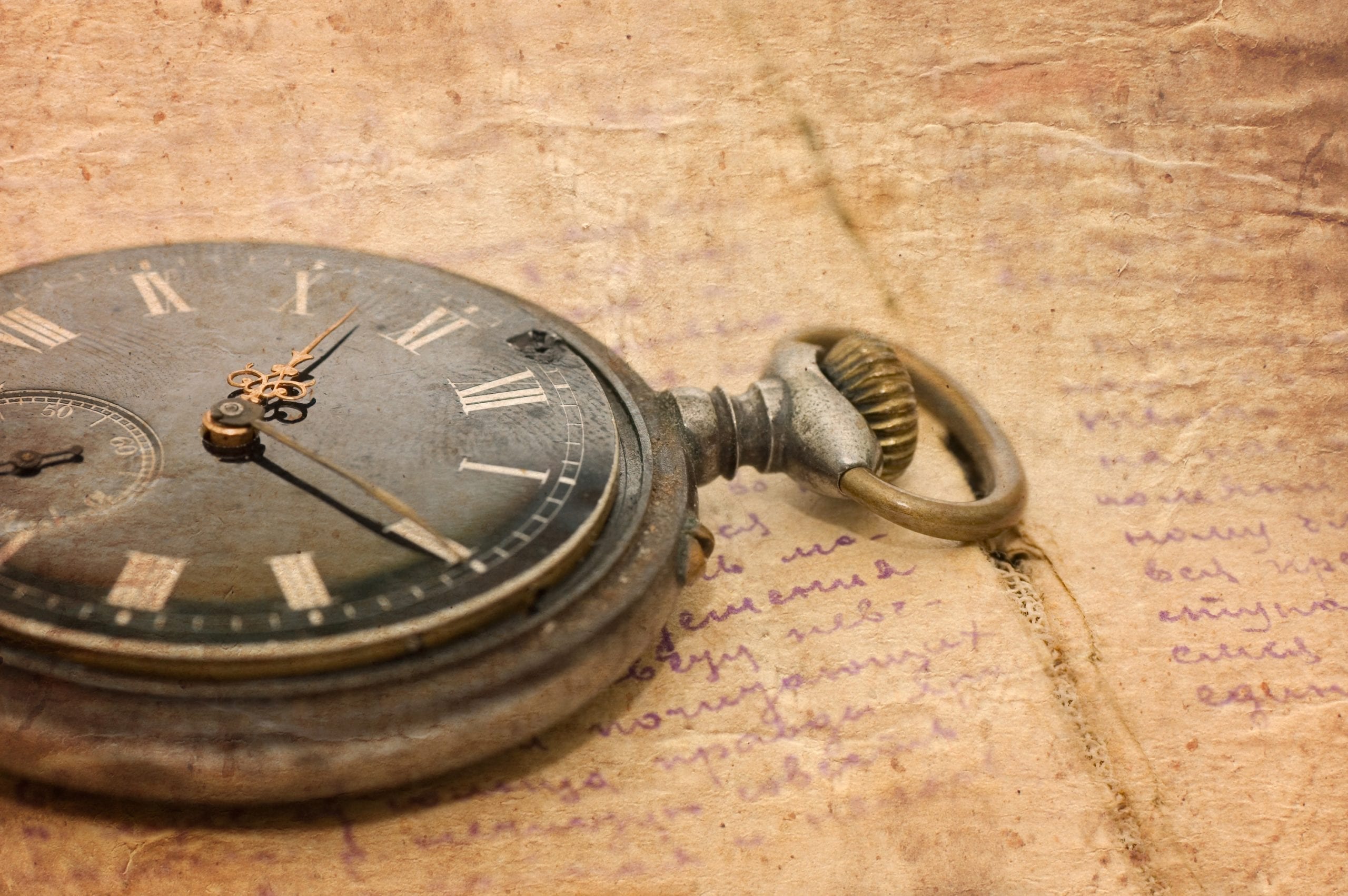
Earlier this year, Egyptian authorities decided to celebrate their expansion of the Suez Canal by issuing a special commemorative postage stamp. Soon after the Ministry of Communication proudly revealed the new stamp, they realized that something was quite wrong. The picture featured the distinctive double locks of the Panama Canal, the two-lane, 48-mile waterway in Central America that links the Atlantic and Pacific oceans—but the lush greenery surrounding it in the image looked nothing like the Suez Desert.
The Egyptians attempted to extricate themselves from this sticky situation, first blaming rogue (Zionist?) Photoshopping hackers, until they were forced to admit their mistake. Evidently, someone at the ministry had botched a cut-and-paste job on the stamp. I would not want to be in his shoes now.
I can think of worse mistakes. Imagine if the ship pictured sailing through the canal was flying an Israeli flag. The Egyptians should thank their lucky stars and crescents.
However, this is not the first time the Egyptians, or others in the Arab world, have taken a vacation from reality. Many of them, certainly those who were not around in 1973, know only of the initial success of the Arabs in the Yom Kippur War; they are oblivious to the crushing defeat that followed. In their museums and history books, the facts are conveniently doctored to suit the aims of Arab propaganda. And on their maps of the region, there is no trace of a small country called Israel. Unlike the stamp, these are not mistakes, but a dangerous mix of wishful thinking and overt refusal to recognize the State of Israel.
Holocaust denial among the Arabs has been just as blatant. Many Arab children have never heard of the Holocaust, and truthfully, it’s not even their fault.
As a matter of policy, the Holocaust is not mentioned in Moslem schools. The History of the Arabs and the World in the 20th Century, a 12th-grade history book issued by the Palestinian Authority, omits any mention of the murder of Jews during World War II and does not use the word “Holocaust.” At this point, it’s not a matter of denial; the entire concept has simply been deleted.
And it’s not just in schools. Wikipedia is one of the most popular sources of information in all languages. In Arabic, there are a few pages on the Final Solution and concentration camps, but there are no entries for Auschwitz or Treblinka. Apparently, there is plenty of support for Hitler, ym”s, and his genocidal designs, but the hard evidence that they were actually carried out is avoided.
It is unfortunate that billions of people are being intentionally misled by their society, preventing them from learning about this globally critical chapter of history. Additionally, as we’ve discussed in these pages, there have been many positive stories of Moslems helping Jews during the war.
I think the Egyptian stamp debacle serves as a lesson not just to the Arab nations but to the civilized world. An embarrassing error was made, and it was picked up by social media. In response to the mockery, Egyptian authorities had no choice but to correct their mistake. What if any society that ignored the Holocaust were regarded as a backwards country with no place on the global stage?
Mahmoud Ahmadinejad, the former president of Iran, had denied the Holocaust publicly, but he had no choice but to acknowledge its reality during his infamous appearance at Columbia University in 2007. I’m under no illusion that this “shift” tempered his rabid hatred of Jews, nor do I think that it can transform the attitude of the Arab world. But it must start somewhere.
Of the many canards aimed at our people, no one has accused us of ignoring our history. We celebrate the joyous occasions and reflect on the sad times that have marked our journey as a nation. There is little we can do to ensure that others recognize our past; we watch with bemused amazement as the petty mistakes of a country go viral and their gross misbehavior is ignored.
But perhaps that just highlights the challenge we have to treasure our own mesorah. Can we honestly say that the Holocaust’s lessons of mesiras nefesh and unswerving emunah have been passed down to our children? This is a great responsibility, but remember—it has been done before. The only reason we are here is because our parents and grandparents faced this challenge, too, and they succeeded in keeping the flickering flame of Yiddishkeit burning brightly.
